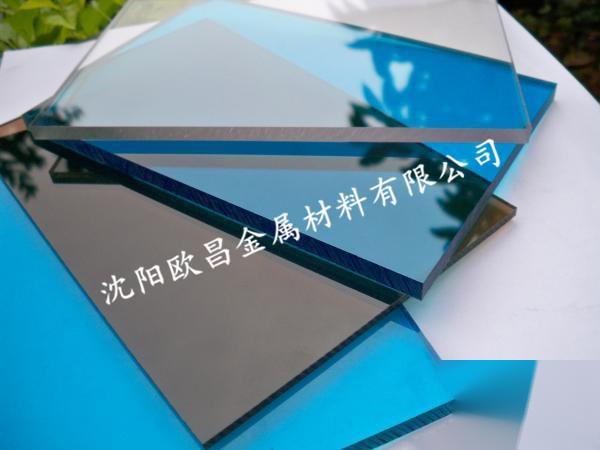Function Features:
PC (Polycarbonate) solid sheet, also known as shatterproof glass, is an engineering plastic sheet with comprehensive performance. It has outstanding physical, mechanical, electrical, and thermal properties, offering excellent impact resistance, thermal insulation, sound insulation, light transmission, flame retardance, UV protection, as well as good processability and strong plasticity. It is widely used in public (civil) buildings for lighting, rain shelters, ceiling canopies, sound barriers, agricultural greenhouses, and the advertising industry.
Application Areas:
1. Telephone booths, advertising billboards, light box advertisements, exhibition displays.
2. Interior and exterior decoration of commercial buildings, curtain walls of modern urban buildings.
3. Applications in instruments, meters, and military industry.
4. Motorcycle windshields, airplanes, trains, ships, cars, speedboats, submarines, and glass shields for military and police use.
5. Space partitions and decorative lighting in banks, hospitals, airports, stations, kindergartens, etc.
6. Lighting greenhouses for vegetables, flowers, botanical gardens, agricultural horticulture, and aquaculture bases.
7. Lighting designs for modern villas, garage lighting, shading and thermal insulation, and rain shelter canopies for underground parking access.
Advantages of PC Solid Sheet
(1) Light Transmission: PC sheets have a light transmission rate of up to 89%, comparable to glass. UV-coated sheets do not yellow, fog, or deteriorate in sunlight; after ten years, the light transmission loss is only 6%, while that of PVC is as high as 15%-20%, and fiberglass is 12%-20%.
(2) Impact Resistance: The impact strength is 250-300 times that of ordinary glass and 30 times that of acrylic sheets of the same thickness. It is 2-20 times stronger than tempered glass. A drop from two meters with a 3 kg hammer leaves no cracks, earning it the titles of "shatterproof glass" and "sound steel."
(3) UV Protection: PC sheets have one side coated with UV-resistant coating and the other side treated to resist condensation, combining UV protection with thermal insulation and anti-drip features. They effectively block UV rays, making them suitable for protecting valuable artworks and exhibits from UV damage.
(4) Lightweight: The specific gravity of PC solid sheets is 1.2, only half that of glass (2.8), saving costs on transportation, handling, installation, and supporting frameworks.
(5) Flame Retardant: According to national standard GB50222-95, PC sheets are classified as flame-retardant level B1. The ignition point of PC sheets is 580°C, and they self-extinguish after removal from fire without producing toxic gases or promoting the spread of flames.
(6) Flexibility: They can be cold-bent on-site according to design plans to create arched shapes, semi-circle roofs, and windows. The minimum bending radius is 175 times the sheet thickness, and they can also be heat-bent.
(7) Sound Insulation: PC sheets offer significant sound insulation, outperforming glass and acrylic sheets of the same thickness in auditory insulation. Under the same thickness condition, PC sheets improve sound insulation by 3-4 dB compared to glass. They are internationally recognized as materials for highway sound barriers.
(8) Energy Efficiency: PC sheets provide cooling in summer and insulation in winter, with a thermal conductivity (K value) lower than that of regular glass and other plastics. Their insulation effect is 7%-25% higher than that of ordinary glass, with insulation rates reaching up to 49%. This greatly reduces heat loss, making them eco-friendly materials for buildings with heating systems.
(9) Temperature Adaptability: PC sheets do not become brittle at -100°C and do not soften at 135°C. Their mechanical and physical properties remain stable under harsh environmental conditions.
(10) Weather Resistance: PC sheets maintain stability in physical properties within a temperature range of -40°C to 120°C. In artificial climate aging tests for 4000 hours, the yellowing degree is 2, and the light transmission reduction is only 0.6%.
(11) Anti-Condensation: When the outdoor temperature is 0°C and the indoor temperature is 23°C, with indoor relative humidity below 80%, the inner surface of the material does not condense.













